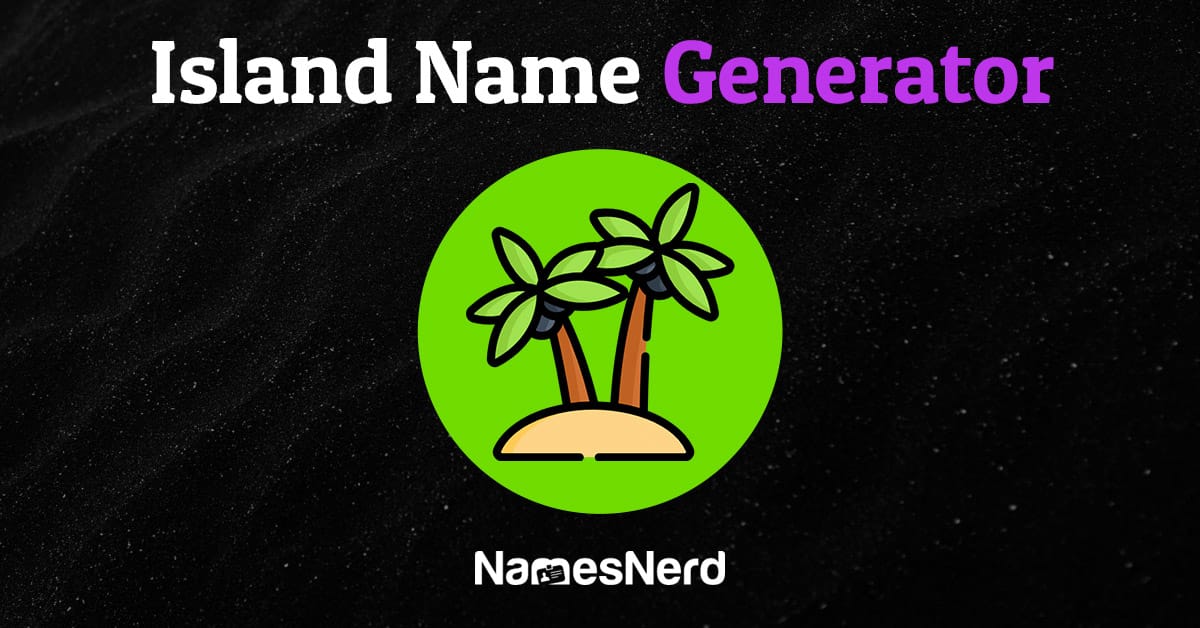Exploring The Enchanting Names Of An Island
Islands have always held a magnetic allure for explorers, travelers, and dreamers alike. The names of an island evoke images of sandy beaches, turquoise waters, and lush landscapes. Each island, with its unique name, carries stories, cultures, and histories that beckon to be discovered. From the bustling resorts of the Caribbean to the tranquil hideaways in the Pacific, the names of an island serve as gateways to adventures waiting to unfold.
The charm of an island often begins with its name, which can reflect its geographical features, a significant historical figure, or even the native language of its inhabitants. As one delves deeper into the etymology of these names, it becomes apparent that they often tell tales of ancient civilizations, natural wonders, and the cultural richness of the region. Whether it’s a well-known destination like Hawaii or a hidden gem like Saba, the names of an island can ignite a sense of wanderlust in anyone.
In this article, we will explore various island names, their meanings, and the cultural significance behind them. We will also dive into some intriguing questions about islands and their names, providing a comprehensive understanding of what makes each island unique. Join us on this journey to uncover the fascinating world of islands and the stories their names tell.
What Are Some Famous Island Names and Their Meanings?
There are countless islands around the world, each with its own distinctive name. Here, we will highlight a few renowned islands and the meanings behind their names:
- Hawaii: Originating from the native Hawaiian language, "Hawai'i" means "place of the gods."
- Maldives: The name translates to "garland of islands" in Sanskrit, reflecting its picturesque atolls.
- Bora Bora: This name comes from the Tahitian phrase meaning "first born," hinting at its cultural significance.
- Santorini: Named after Saint Irene, the island's name reflects its rich history and Christian influence.
How Do Islands Get Their Names?
The process of naming islands can vary widely based on historical, geographical, and cultural influences. Here are some common factors that contribute to island names:
- Geographical Features: Many islands are named after their physical characteristics, such as "Rocky Island" or "Green Island."
- Cultural Influences: Indigenous languages and colonial histories often shape the names of islands.
- Historical Events: Significant occurrences or notable figures may lead to an island being named in their honor.
Are There Islands Named After People?
Indeed, several islands bear the names of influential individuals. Some notable examples include:
- Robinson Crusoe Island: Named after the fictional character created by Daniel Defoe.
- Isla de la Juventud: Originally named "Isle of Youth," it honors Cuban revolutionary José Marti.
- Saint Helena: Named after Saint Helena of Constantinople, the island has historical significance as the exile location of Napoleon Bonaparte.
What Makes an Island's Name Unique?
The uniqueness of an island's name can stem from several factors:
- Language: Names derived from indigenous languages often have rich meanings that reflect local culture.
- Historical Context: Names that reference historical events or figures can provide insight into the island's past.
- Geographical Diversity: Islands with unusual shapes or sizes often have distinctive names that highlight their characteristics.
Can Island Names Change Over Time?
Yes, island names can evolve due to a variety of factors, including:
- Colonization: Many islands experienced name changes during colonization as new powers imposed their languages.
- Cultural Revitalization: Indigenous communities may reclaim original names as part of cultural resurgence efforts.
- Political Changes: New governments may alter island names for nationalist or ideological reasons.
What Are Some Lesser-Known Island Names Worth Discovering?
While many islands like Bali and Phuket are famous, others are less known yet equally enchanting. Here are a few hidden gems:
- Malapascua: A small island in the Philippines known for its diving spots.
- Socotra: An island off the coast of Yemen, famous for its unique flora and fauna.
- Fogo: A volcanic island in Cape Verde with stunning landscapes and rich culture.
Are There Islands with Mythical Names?
Many islands have names that are steeped in mythology. Some examples include:
- Atlantis: The legendary island said to have sunk into the ocean, often associated with advanced civilizations.
- Avalon: A mythical island in Arthurian legend known as the resting place of King Arthur.
- Thule: An ancient name thought to refer to a distant northern island, possibly linked to Viking exploration.
Conclusion: The Enduring Allure of Island Names
The names of an island are more than mere labels; they encapsulate stories, cultures, and the essence of the places they represent. Whether they evoke thoughts of paradise or ancient legends, island names continue to inspire curiosity and adventure. By exploring the meanings and histories behind these names, we gain a deeper appreciation for the beauty and diversity of our world's islands.
```
Unveiling The Legacy: The Story Of Dr. Umar's Parents
Misty Raney's Enchanting Wedding Photos: Capturing Love And Nature
Unveiling Joy Reid's Personal Life: Is Joy Reid Married?


